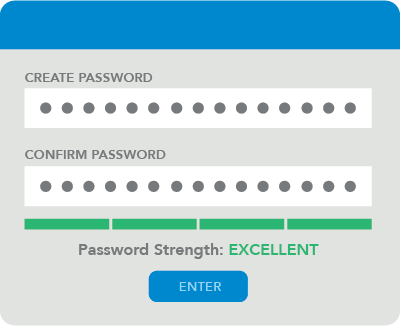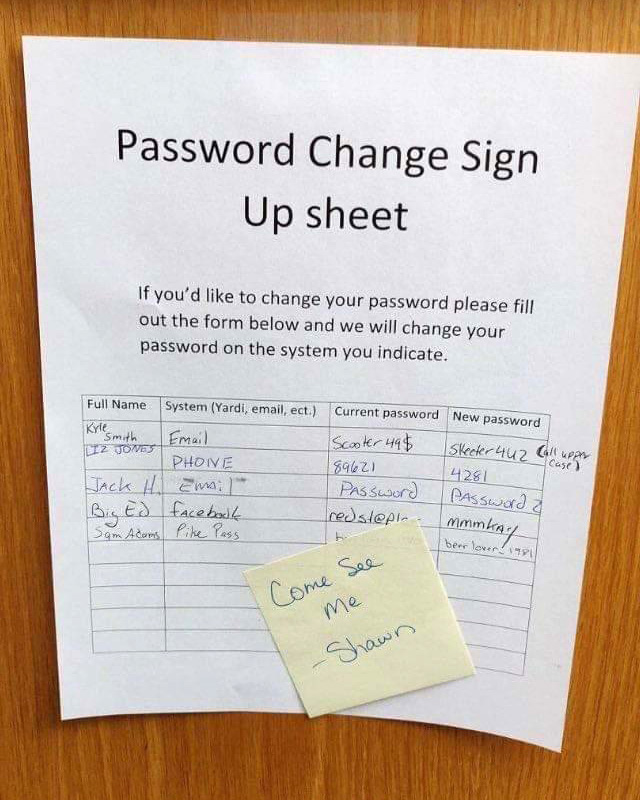Guest post by ES&S Vice President of Systems Security, Chris Wlaschin
 In honor of #WorldPasswordDay, I thought it would be a good time to share with you just how important passwords are in our everyday life, and why we should take great care to protect them.
In honor of #WorldPasswordDay, I thought it would be a good time to share with you just how important passwords are in our everyday life, and why we should take great care to protect them.
Open, Sesame!
Passwords have been around much longer than there have been computers. Throughout history, verbal and written passwords have been used to verify someone’s identity or tell friend from foe. They have also been used to gain access to secure or hidden facilities. Here are some examples:
The grandaddy of all passwords is Open Sesame, which was the secret phrase that was used in the famous tale, Ali Baba and the 40 Thieves, to open a cave containing treasure belonging to a group of thieves. The phrase, of course, is well known and has appeared all over popular culture, including Popeye, Bugs Bunny and SpongeBob.
Pop quiz! What was the password that Matthew Broderick’s character used to gain access to the NORAD system in the 1983 movie Wargames? Answer to follow.
Finally, the modern musical Hamilton made use of the codeword “Rochambeau” to describe how during the Revolutionary War the American colonists could tell the difference between the British army and the French collaborators who were sent to help free America. Pretty cool huh?
Like them or not, you can’t escape having to use passwords for just about everything these days, from unlocking your mobile phone to accessing your bank account online to streaming a movie on Netflix. All these systems and more are now requiring users to create and remember longer, stronger passwords because hackers have gotten very good at guessing passwords, and the password cracking tools they use are getting better every day. The question becomes, what can I do?
Passphrase: The New Password

What can you do? Use passphrases rather than passwords. Passphrases are a combination of words you pick and mash together with special characters and numbers mixed in. Passphrases should be a minimum length of 15 characters. Check out these examples:
- Secure Elections Always = S3cur3elEcti@n$Alway$
- Huskers Forever = Hu$k3rz F0rev3r
- Katy Perry Rocks = K@ty P3rry R0ckz
- Or my favorite = Wh3re1nth3w@r1dis$cottsb1uff?
Ok, folks, DON’T USE these password examples! Make up a passphrase that is important and memorable to you. If you have a favorite book, poem, song, bible verse or historical event use that but mix in some special characters and numbers to foil the hacker trying to steal your credentials.
Also, NEVER use the same password on your professional or work-related account with any personal email, banking or social media account. If a hacker steals your credentials from one account, they will immediately try the same username and password on your other accounts. Keep your work password separate and make it very hard to guess.
Passwords are like underwear and toothbrushes. Keep them private, change them often, and don’t share them!
The answer to the pop quiz is “Joshua”.
Please stay cybersavvy, and thanks for all you do to be secure.